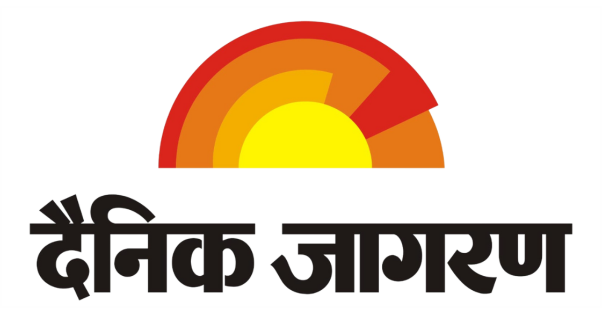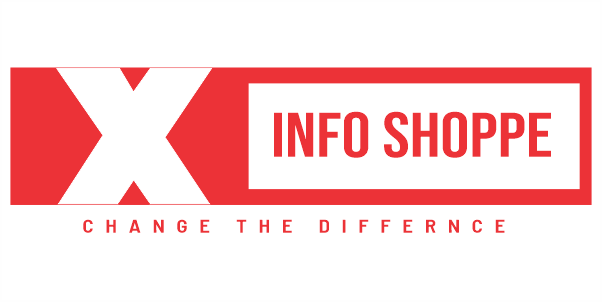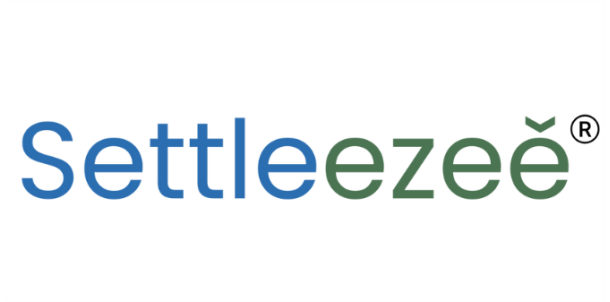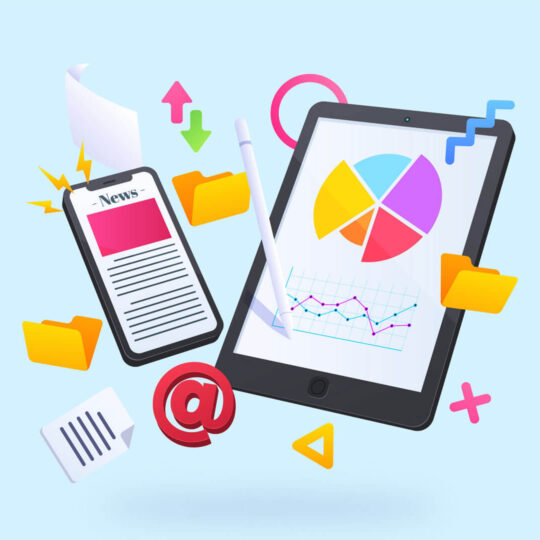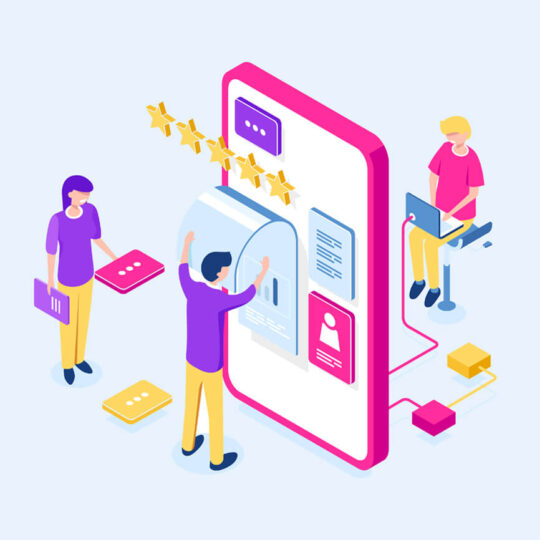- +1 (717) 710 6577
- info@digitalmartlab.com
Introduction to Marketing Automation
Marketing automation involves using software and technologies to streamline, automate, and measure marketing tasks and workflows. This approach aims to increase efficiency and grow revenue faster by automating repetitive tasks, nurturing leads, and personalizing marketing efforts at scale.
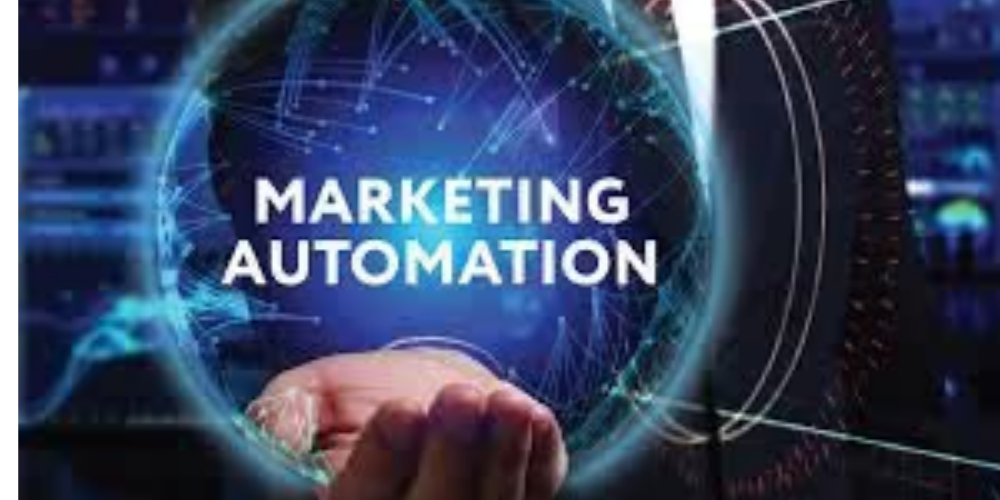
Why Marketing Automation is Important?
Efficiency and Productivity: Automating repetitive tasks such as email marketing, social media posting, and ad campaigns saves time and resources, allowing teams to focus on more strategic activities.
Enhanced Customer Experience: Marketing automation enables personalized communication with customers based on their behavior and preferences, leading to better engagement and satisfaction.
Improved Lead Management: Automated lead scoring and nurturing help prioritize high-quality leads and ensure consistent follow-up, increasing the chances of conversion.
Data-Driven Decisions: Comprehensive analytics and reporting provide insights into campaign performance, customer behavior, and ROI, enabling businesses to make informed decisions.
Key Components of Marketing Automation
Email Marketing Automation: Automating email campaigns based on user actions, preferences, and lifecycle stages to deliver personalized messages.
Lead Management: Automating the process of capturing, scoring, and nurturing leads to ensure timely and relevant follow-ups.
Customer Segmentation: Dividing your audience into segments based on demographics, behavior, or engagement levels to tailor marketing efforts more effectively.
Analytics and Reporting: Tracking and analyzing campaign performance, user interactions, and ROI to optimize marketing strategies.
Multi-Channel Campaigns: Coordinating marketing efforts across various channels such as email, social media, and web to create a cohesive customer journey.
Effective Marketing Automation Strategies
Personalized Email Campaigns: Sending personalized emails based on user behavior, preferences, and demographics to increase engagement and conversion rates.
Dynamic Content: Using dynamic content in emails and on websites to deliver personalized experiences to different user segments.
Lead Nurturing Workflows: Creating automated workflows to nurture leads through the sales funnel with timely and relevant content.
Behavioral Triggering: Setting up triggers that initiate automated actions based on specific user behaviors, such as visiting a webpage or downloading a resource.
Regular Testing and Optimization: Continuously testing different elements of your campaigns (A/B testing) and optimizing based on performance data.
Pricing for Marketing Automation Services
The cost of marketing automation services can vary widely based on the complexity of the implementation and the range of services provided. General pricing ranges are:
- Basic Packages: $500 – $1,500 per month, which includes essential automation setup, basic campaign management, and initial audits.
- Advanced Packages: $2,000 – $5,000 per month, offering comprehensive automation services, including custom reporting, in-depth analysis, and ongoing optimization.
Enterprise Packages: $5,000+ per month, tailored for large businesses with complex needs, providing extensive automation support, advanced tools, and dedicated account management.
Interested in working together?
Faq
Freequently Ask Questions
Marketing automation involves using software and technologies to automate repetitive marketing tasks, streamline workflows, and measure the effectiveness of marketing campaigns. It helps businesses save time, increase efficiency, and improve the customer experience by delivering personalized communications at scale.
Marketing automation is important because it:
- Increases Efficiency: Automates repetitive tasks, freeing up time for strategic activities.
- Enhances Customer Experience: Delivers personalized content based on user behavior and preferences.
- Improves Lead Management: Automates lead scoring and nurturing, increasing the chances of conversion.
- Provides Data-Driven Insights: Offers analytics and reporting to make informed decisions and optimize strategies.
Key components include:
- Email Marketing Automation: Automating email campaigns based on user actions and preferences.
- Lead Management: Capturing, scoring, and nurturing leads through automated workflows.
- Customer Segmentation: Dividing the audience into segments for targeted marketing efforts.
- Analytics and Reporting: Tracking and analyzing campaign performance and user interactions.
- Multi-Channel Campaigns: Coordinating marketing efforts across various channels.
Marketing automation improves customer experience by delivering personalized content and communications based on user behavior and preferences. This ensures that customers receive relevant messages at the right time, enhancing engagement and satisfaction.
Best practices include:
- Personalize Content: Tailor messages based on user behavior and preferences.
- Segment Your Audience: Divide your audience into segments for targeted marketing.
- Automate Workflows: Create workflows to nurture leads and engage customers.
- Regularly Test and Optimize: Use A/B testing to refine your campaigns.
- Monitor and Analyze Performance: Track key metrics and adjust strategies based on data.
Common tools include:
● HubSpot: For inbound marketing, sales, and customer service.
● Marketo: For lead management, email marketing, and analytics.
● Pardot: For B2B marketing automation by Salesforce.
● Mailchimp: For email marketing and automation.
● ActiveCampaign: For email marketing, automation, and CRM.
Marketing automation helps with lead management by:
● Capturing Leads: Using forms and landing pages to collect lead information.
● Scoring Leads: Assigning scores to leads based on their behavior and
interactions.
● Nurturing Leads: Sending automated, personalized emails to move leads
through the sales funnel.
● Tracking Leads: Monitoring lead activities and interactions for better follow-up.
Success can be measured using various metrics, including:
● Open Rates: The percentage of recipients who open your emails.
● Click-Through Rates (CTR): The percentage of recipients who click on links in
your emails.
● Conversion Rates: The percentage of visitors who complete a desired action.
● Lead Scoring: Evaluating the quality of leads generated.
● ROI: Calculating the return on investment from your marketing automation
efforts.
The cost of marketing automation services varies based on the complexity of the implementation and the range of services provided. General pricing ranges are:
- Basic Packages: $500 – $1,500 per month, which includes essential automation setup and basic campaign management.
- Advanced Packages: $2,000 – $5,000 per month, offering comprehensive automation services, custom reporting, and ongoing optimization.
- Enterprise Packages: $5,000+ per month, tailored for large businesses with complex needs, providing extensive automation support and advanced tools.
When choosing a marketing automation agency, consider the following:
- Experience and Expertise: Look for an agency with a proven track record in your industry.
- Range of Services: Ensure they offer comprehensive services that meet your needs.
- Transparency and Communication: Choose an agency that provides clear reporting and maintains open communication.
Client Testimonials and Case Studies: Check reviews and case studies to gauge the agency’s effectiveness and reliability.
Marketing automation integrates with other digital marketing efforts by providing insights that can improve overall strategies. For instance:
- SEO: Helps track keyword performance and site traffic.
- Content Marketing: Evaluates the effectiveness of different content types.
- Email Marketing: Monitors the performance of email campaigns and their impact on website traffic.
Social Media Marketing: Assesses how social media drives traffic and engagement on your site.
Yes, small businesses can significantly benefit from marketing automation by:
- Saving Time: Automating repetitive tasks allows small teams to focus on strategic initiatives.
- Improving Customer Relationships: Personalized and timely communications enhance customer satisfaction and loyalty.
- Increasing Efficiency: Streamlining workflows and processes to make the most of limited resources.
- Gaining Insights: Leveraging data and analytics to make informed decisions and optimize marketing efforts.
Common challenges include:
- Integration: Ensuring seamless integration with existing systems and tools.
- Data Quality: Maintaining accurate and clean data for effective segmentation and personalization.
- Learning Curve: Understanding how to use the software effectively and train staff.
- Content Creation: Producing sufficient quality content to fuel automated campaigns.
To ensure success, follow these steps:
- Define Clear Goals: Establish specific, measurable objectives for your automation efforts.
- Choose the Right Tools: Select software that aligns with your business needs and integrates well with your existing systems.
- Regularly Monitor and Adjust: Continuously track performance metrics and make data-driven adjustments to optimize your campaigns.
Invest in Training: Ensure your team is well-trained in using the marketing automation tools effectively.
Our Clients
